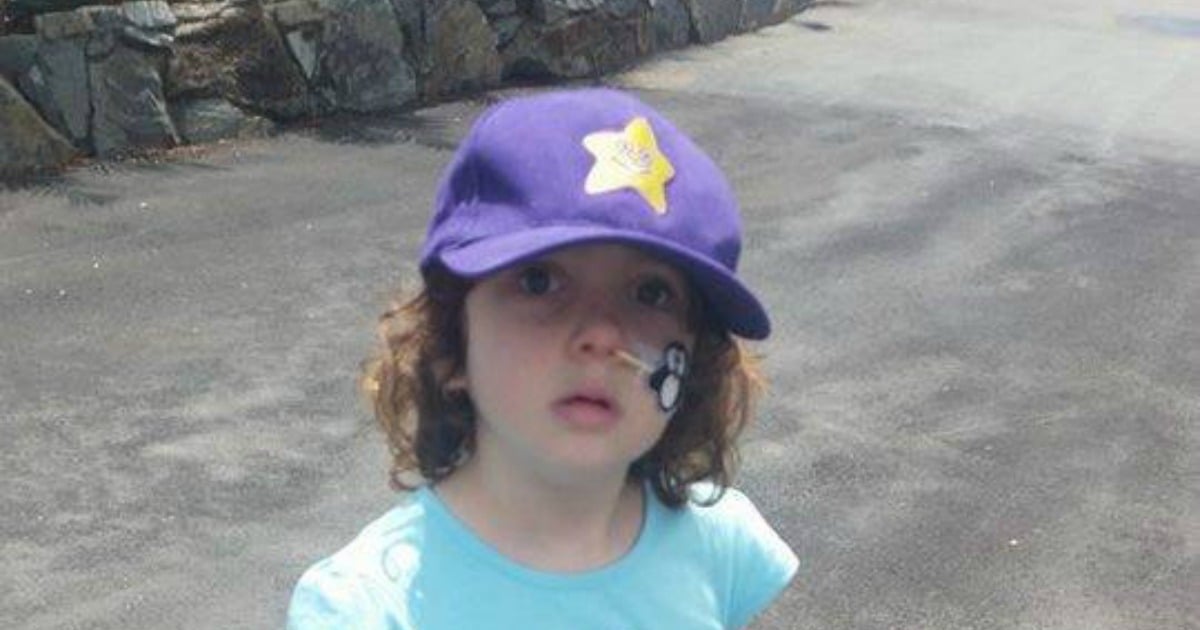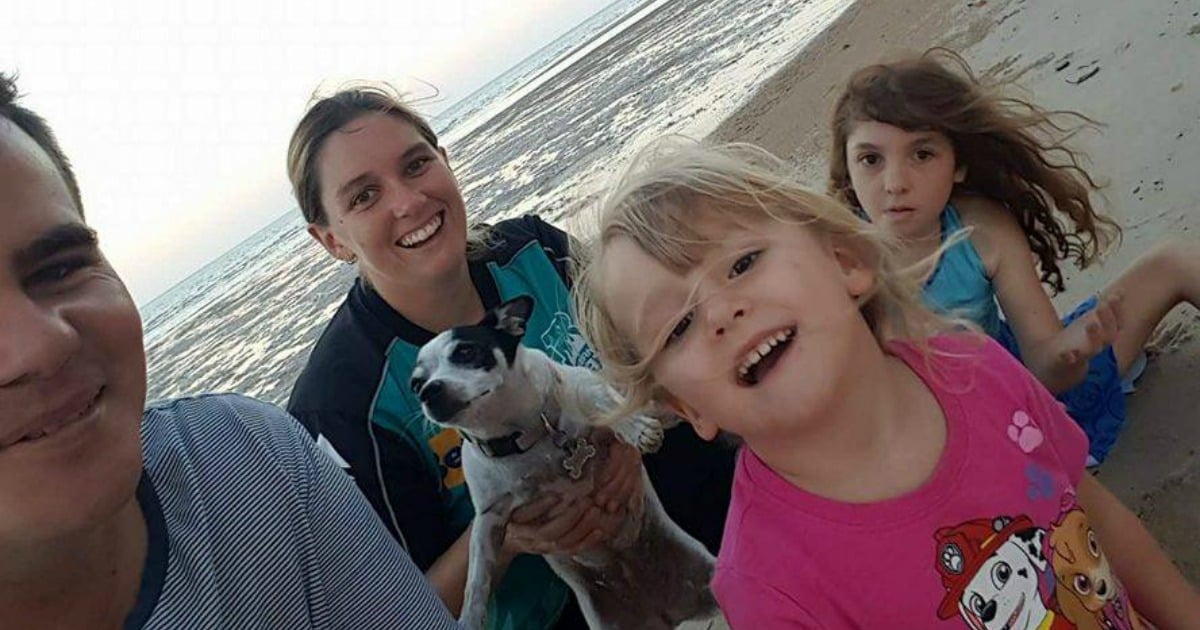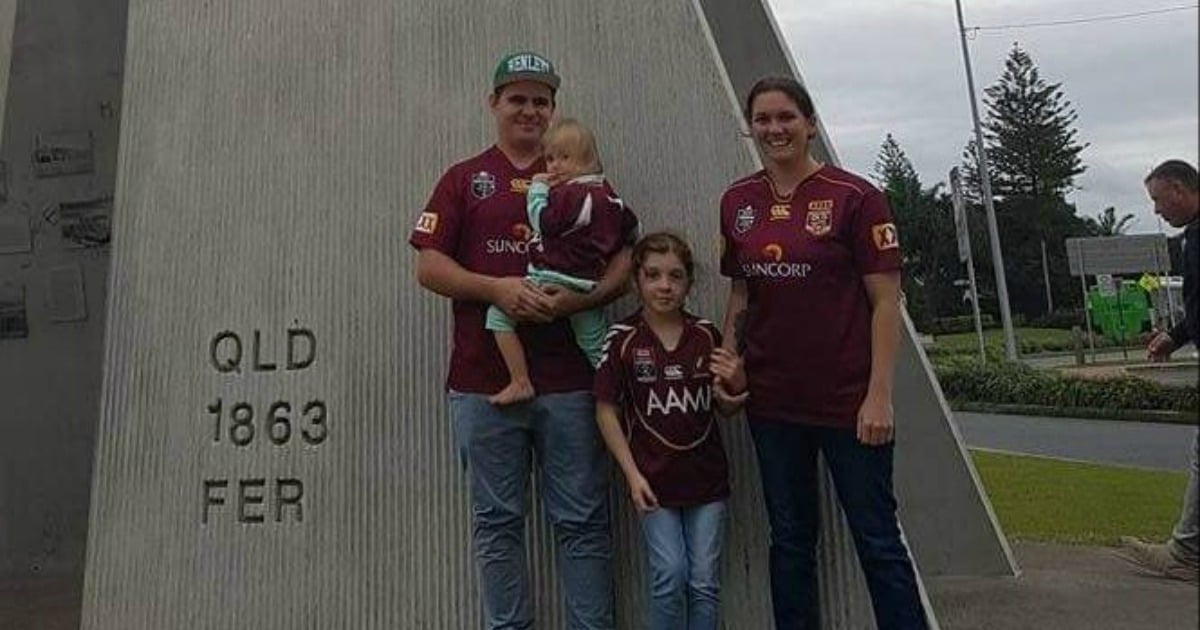Alexandra was born with multiple physical health defects in 2006.
She has survived over 30 general anaesthetics, including at least 10 operations. She was under the care of more than 10 specialists, whose area of expertise ranged from Cardiology, ENT and Gastroenterology, to Respiratory, sleep medicine, Neurology, Genetics, Paediatrics and Orthopaedics.
All before the age of three.
Alex was slow to meet her milestones, sitting at 18 months and walking just before her second birthday. Doctors referred to her development as ‘globally delayed’ (or global developmental disorder), meaning she was behind across all forms of age relevant development. From early on, it was easy to see how strong willed Alex was; always making her intentions clear despite not speaking until she was five years old.































































































